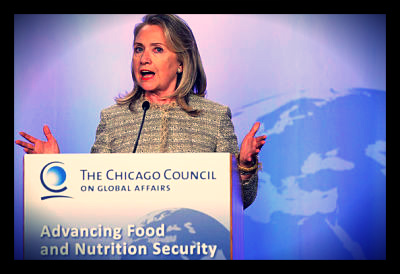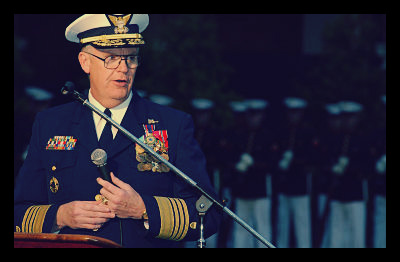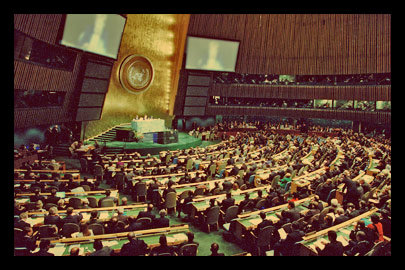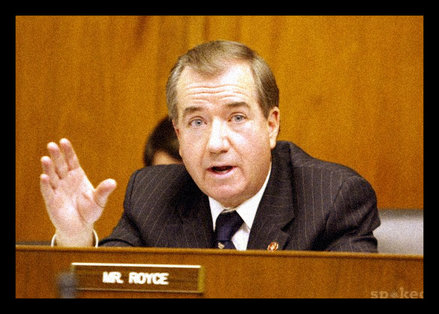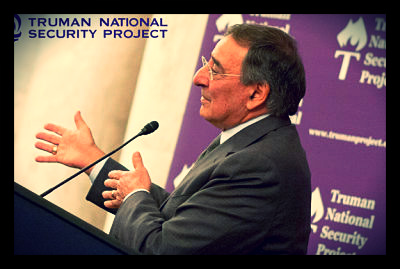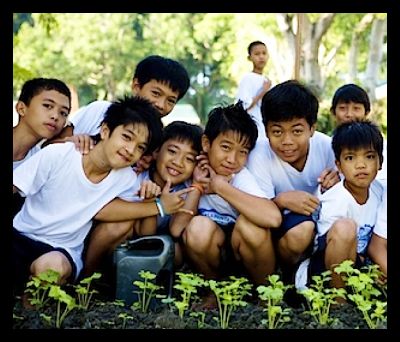
Zamboanga City, a city in the Philippines, will be the recipient of a new USAID program started by the United States Ambassador to the Philippines, Harry K Thomas, Jr. These three new programs will improve the local government, education system and health service accessibility. The US Embassy Manila’s USAID Mission Director, Gloria D. Steele, will also assist in ensuring the projects’ successes.
Since the main focus of the projects is government accountability and responsibility, the name of the five-year program will be ENGAGE (Enhancing Governance, Accountability and Engagement). Through government improvements, Ambassador Thomas hopes to create a stable society and economy in the Philippines.
Another goal of ENGAGE is to include more citizens in government programs and policy-making. This sense of community empowerment is vital for Filipinos to feel they are being accurately represented and looked out for by politicians.
The other two five-year projects address the Philippines’ education and health issues. The first, Mindanao Youth for Development, will help youth have equal access to education and provide post-school training services. The program will work with the government to increase its ability to offer such services and tools for its young population.
The third project is called Integrated Maternal, Neonatal, Child Health and Nutrition/Family Planning Regional Project in Mindanao (MindanaoHealth). This program aims to distribute healthcare services to rural and conflict-prone areas of the Philippines, including 19 provinces, 2 cities, and 366 municipalities.
The combined efforts of these three projects will create a better economy and equal society in the Philippines.
– Mary Penn
Source: Zamboanga Today
Photo: Cultural Survival



